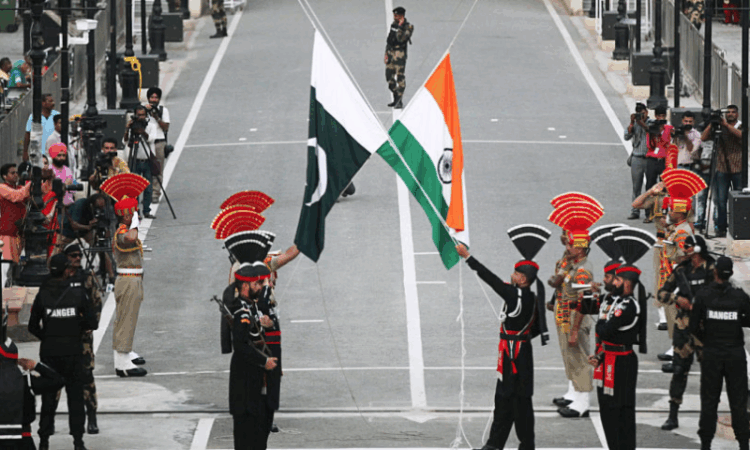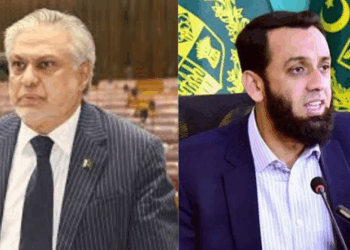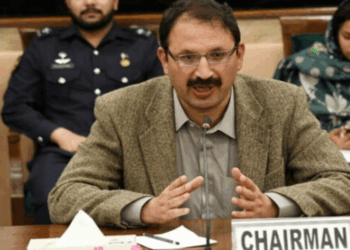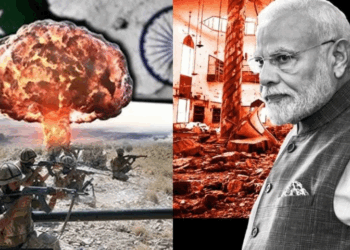Islamabad/New Delhi, May 11, 2025: The United States intervened to de-escalate the rapidly deteriorating situation between nuclear-armed rivals India and Pakistan after an Indian missile strike on Pakistan’s Nur Khan Airbase in Rawalpindi raised fears of a potential nuclear confrontation, The New York Times reported on Sunday.
While U.S. Vice President JD Vance had initially downplayed the conflict as “fundamentally none of our business” during a May 8 appearance on Fox News, the stance shifted dramatically as fresh intelligence indicated active aerial combat between Pakistani and Indian air forces.
According to former Trump administration officials speaking to CNN, senior U.S. leadership received alarming intelligence throughout the crisis, prompting urgent high-level engagement. Vice President Vance, Secretary of State and interim National Security Adviser Marco Rubio, and White House Chief of Staff Susie Wiles were reportedly at the center of U.S. efforts to contain the conflict.
The most significant escalation occurred late on May 9, when Indian missiles struck Nur Khan Airbase—one of Pakistan’s key military installations, located just outside Islamabad. The base serves as a critical hub for air transport and refueling and lies only a few kilometers from the Strategic Plans Division, which oversees Pakistan’s estimated 170 nuclear warheads.
A former U.S. official familiar with Pakistan’s nuclear command structure told the Times that Islamabad has long feared a decapitation strike targeting its nuclear infrastructure. The Indian strike on Nur Khan, therefore, was interpreted as an alarming signal of possible intent to neutralize Pakistan’s nuclear command.
A senior Pakistani intelligence official quoted in the Times confirmed that Pakistan viewed the attack as crossing a red line. “U.S. intervention was necessary to pull the two sides back from the brink,” the official said. “The last move came from the president,” he added, referring to U.S. President Donald Trump.
According to the report, Secretary Rubio played a key diplomatic role in brokering the agreement that ultimately led to the ceasefire.
Following several tense days of rising hostilities and military clashes, President Trump announced on May 10 that India and Pakistan had agreed to an “immediate and full ceasefire,” averting a potentially catastrophic escalation.







